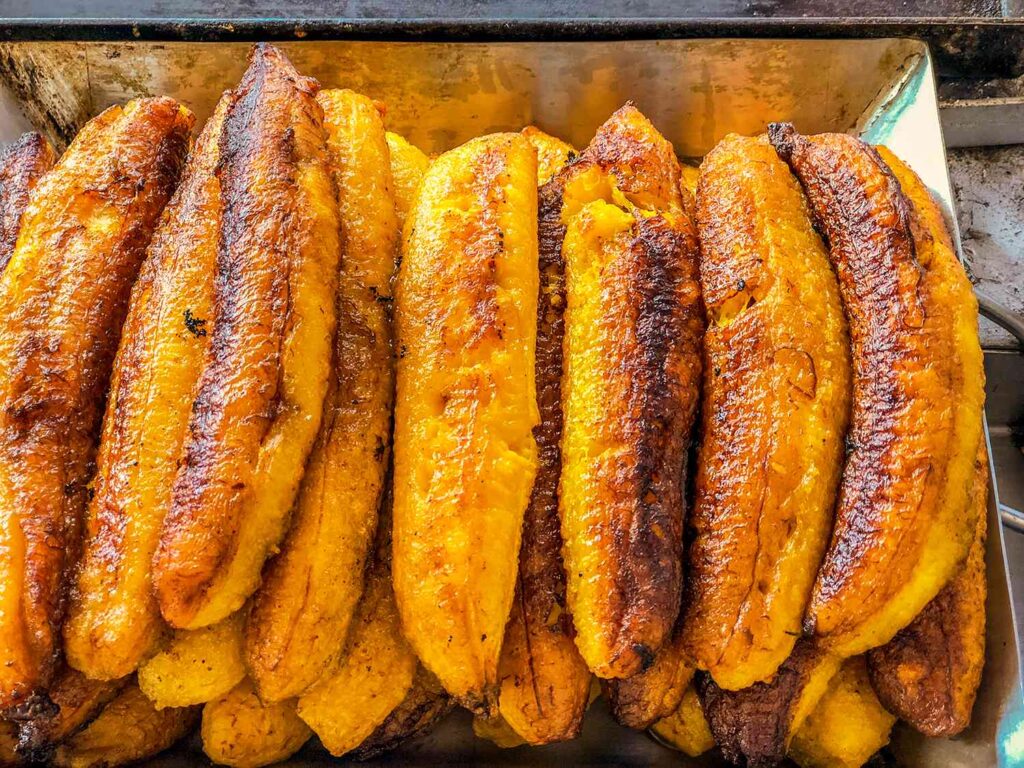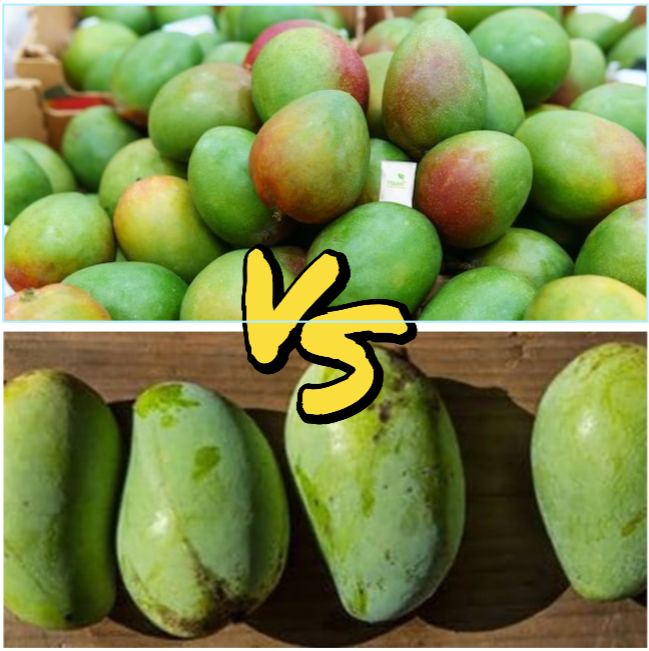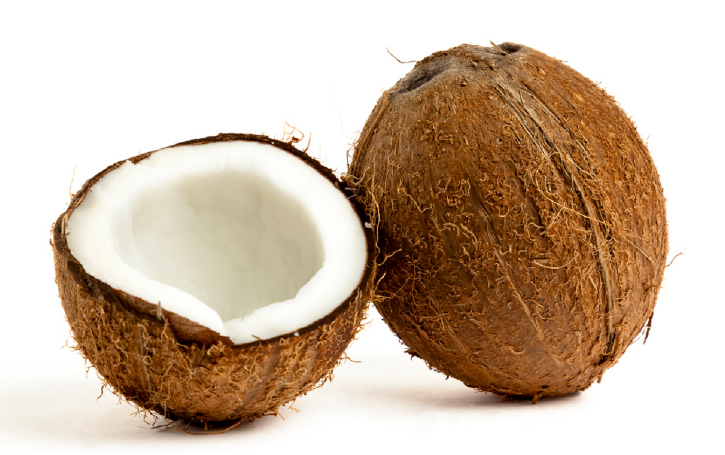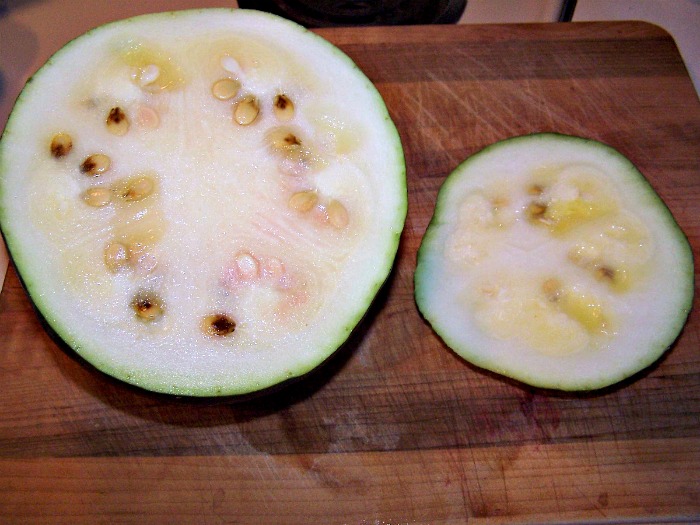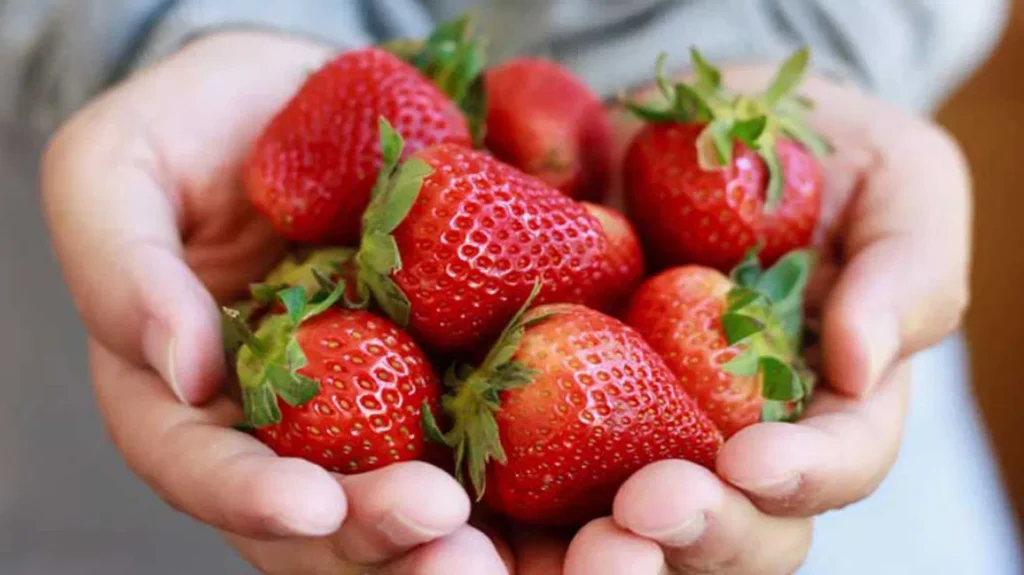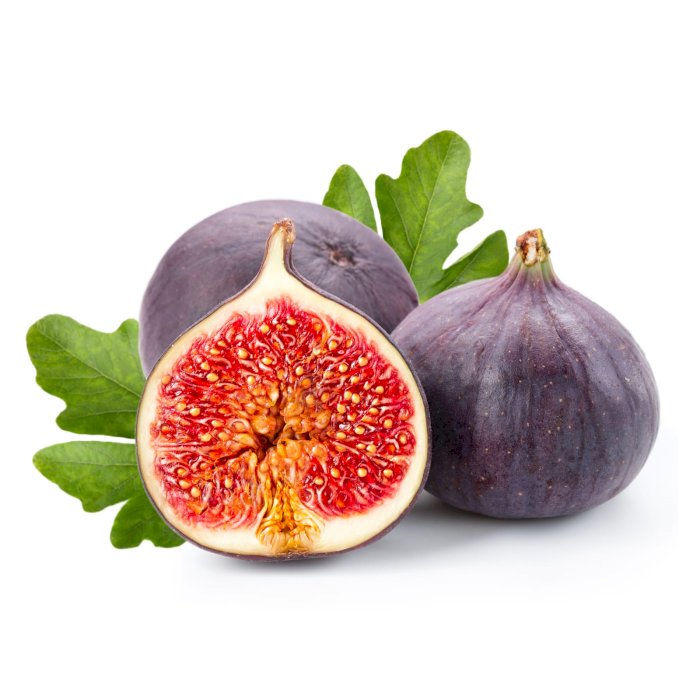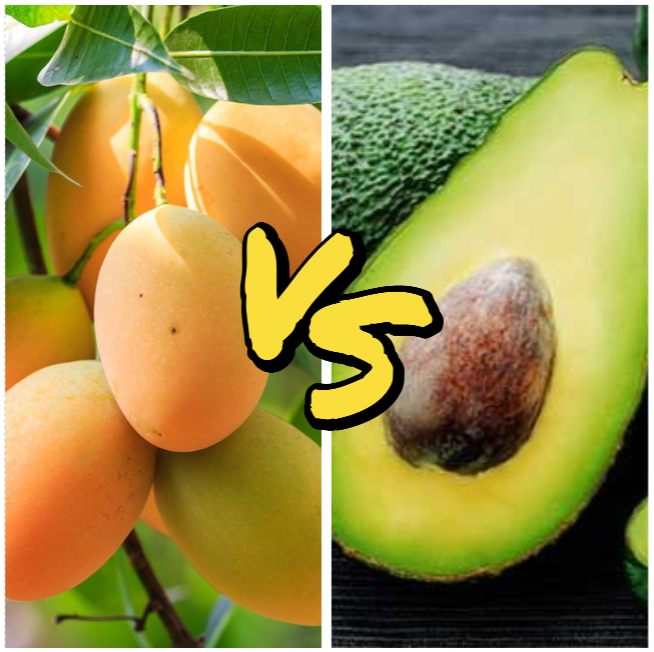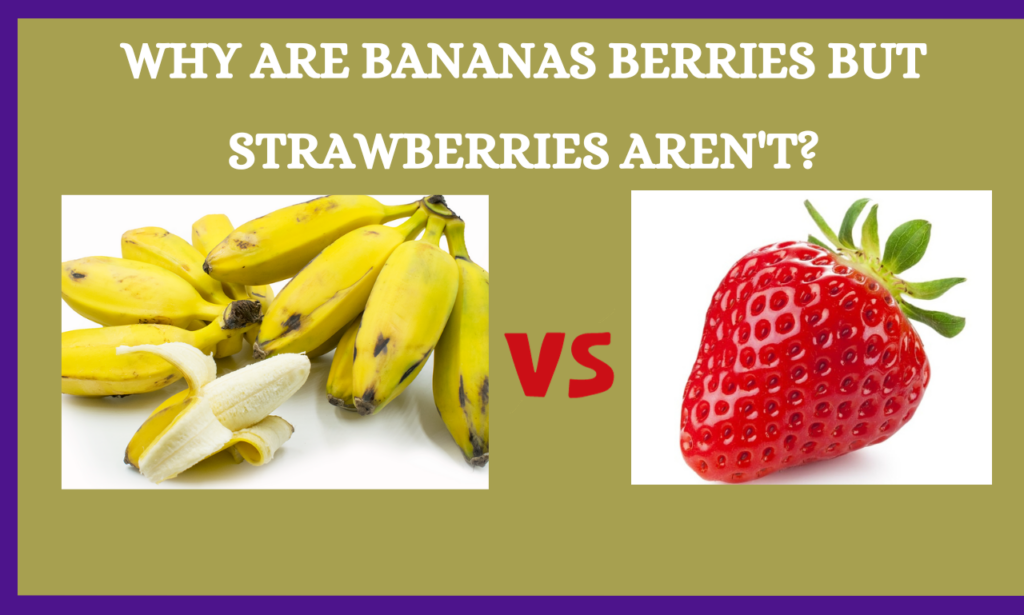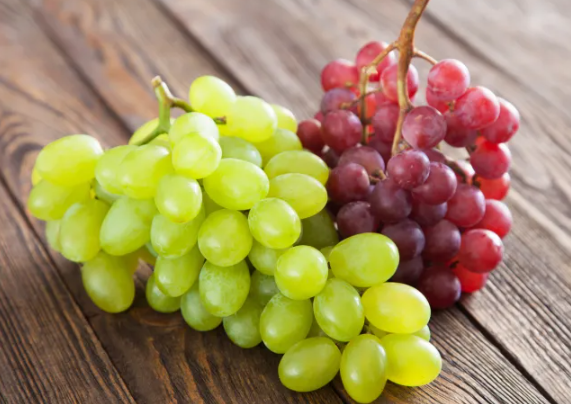The African Pear, also known as safou, is a type of fruit tree that grows in Central Africa and Gulf of Guinea countries like Nigeria and Cameroon. This tree can be found in many places like cocoa farms and people’s gardens. It grows well in its natural environment and can be easily planted.
This tree can get pretty tall, between 8 to 10 meters, and each tree can look different. This happens because the trees grow from seeds, not cuttings or other plant parts.
The safou fruit is unique in size and shape, which can change due to its genes and where it grows. It’s usually long and round, around 4-15 centimeters long and 3-6 centimeters wide. The skin is shiny and can have marks on it.
When the safou fruit ripens, its skin turns from pink or white to dark colors like violet or blue-black. Some fruits can even have lots of different colors. The inside is soft and comes in different shades like green, yellow, pink, or cream. There’s a big light brown seed in the middle.
Table of Contents
- The Unique Flavor of Safou
- Background and Cultural Significance
- How to Grow the Safou Tree
- How to Start New Safou Trees
- When You Can Find Safou Fruits
- What’s in a Safou Fruit?
- Health Benefits of African Pear (Safou)
- How to Enjoy African Pear (Safou)
- FAQ
- What does African Pear (Safou) taste like?
- What are the health benefits of African Pear (Safou)?
- Where does African Pear (Safou) grow?
- What is African Pear (Safou) called in English?
- Is African Pear (Safou) the same as avocado?
- Can African Pear (Safou) be eaten raw?
- Conclusion
The Unique Flavor of Safou
If you eat safou when it’s fresh, it’s kind of slippery and tastes sour with a bit of acidity. It smells a little like turpentine or citrus fruits. When you cook it, it becomes creamy and less sour, and the taste is richer.
Background and Cultural Significance
The safou tree is originally from places like Nigeria, Cameroon, Gabon, and a few others in Central and West Africa. It’s not common in some other countries like Ghana or Sierra Leone. You can usually buy safou from street markets or small shops, sometimes along with roasted corn. Outside of Africa, you can find them in cities like London and Brussels, especially from May to August.
Lately, people have started to sell African Pears in different parts of the world. This means you can sometimes find them frozen online, even when they’re not in season. If you live in Europe, you might find them in stores near communities from Gabon, Cameroon, or Nigeria.
In Africa, safou is an important part of local food traditions. Now, people from all over are starting to enjoy its sweetness, either cooked or fresh as a snack. It’s very healthy, packed with vitamin C and fiber.
Even though safou is only in season at certain times, online stores make it easier for people to buy it anytime they want. So more people across the world can now try this tasty fruit.
How to Grow the Safou Tree
The Safou tree likes to grow in humid and warm forests. It’s from places like Angola, Nigeria, and Uganda, but it can adapt to different climates. For the tree to grow well, it needs to get enough water and be in a mostly shady spot.
The safou fruit is also used to make oil from its pulp and seed, which is full of good fats like palmitic, oleic, and linoleic acids.
It’s easy to farm safou trees and they can fit well into different kinds of farming setups. They’re great because they give fruit when other crops don’t, so farmers can have a steady supply of food and income. Each tree can give you about 223 to 335 kilograms of fruit pulp every year.
Right now, safou trees aren’t grown in big farms, but rather in smaller groups. They are happiest in moist and shady place. Safou trees can grow well in many kinds of soil, but they especially like soil that’s rich and not too dry.
When you’re starting to grow safou trees, you need to think about things like how moist the soil is and protect them from cold weather that could hurt them. They can also grow well on land that’s a bit elevated up to around 1,000 meters. If everything’s just right, safou trees can really thrive.
How to Start New Safou Trees
To make new safou trees, people usually plant seeds in the ground about 5 centimeters deep and keep the soil damp until the seeds sprout. The soil temperature should be over 20 degrees Celsius for the best growth. Once the little trees get bigger, you can move them to where you want them to grow permanently.
When You Can Find Safou Fruits
Safou fruits are only available during the rainy season in Africa, which is when they grow the best.
What’s in a Safou Fruit?
Safou fruits are full of good stuff like vitamins A and C, which help keep your skin, bones, and eyes healthy, and they also help your immune system. These fruits also have a lot of oil and minerals like magnesium, potassium, and calcium. They’re also rich in important amino acids like threonine, lysine, and leucine, which help with things like fixing tissues in your body.
The African Pear (Safou) is full of vitamins, minerals, and amino acids which are important for staying healthy. It helps your body in many ways, like fixing damaged tissues, moving nutrients around, and helping with digestion.
Health Benefits of African Pear (Safou)
The African Pear (Safou) is really good for your health for many reasons:
- Boosts Immunity: The fruit has lots of vitamins and minerals that strengthen your immune system and help you resist diseases. Vitamins A and C are especially good because they fight infections and reduce swelling.
- Improves Digestion: African Pear (Safou) has a lot of oil which makes your digestive system work smoothly. It also has amino acids that help digest food and absorb nutrients better.
- Helps with Weight Loss: This fruit is low in calories but high in fiber, so it’s a good snack if you’re trying to lose weight. Fiber also makes you feel full for a longer time, which means you’ll probably eat less.
- Better Skin: The nutrients in African Pear (Safou) keep your skin healthy by reducing swelling, making it more elastic, and helping create collagen. This can make your skin look younger and clearer.
- Reduces Disease Risk: The vitamins and minerals in the fruit can lower your chance of getting long-term illnesses like heart disease, diabetes, and cancer. Fiber helps control blood sugar and keeps your cholesterol in check too.
How to Enjoy African Pear (Safou)
There are many ways to enjoy African Pear (Safou):
- Raw: Eat it raw as a snack or with starchy foods as part of a meal. Warm the fruit in the sun inside a container before eating it.
- Boiled: Boil the fruit in salty water, remove the seed, and then stuff it with meats, spices, and veggies. In Nigeria, people like eating boiled Safou with corn, or they mix it with maize, plantains, or cassava for a hearty dish.
- Roasted: You can roast African Pears (Safou) with herbs and veggies for a tasty meal.
- Pureed into Dip: Cook and mash the fruit into a dip. You can use this dip with chips or as a side. Make it even tastier by adding tomatoes, onions, garlic, ginger, parsley, rosemary, sausage, squash, and sweet potatoes.
These methods let you enjoy African Pear (Safou) and get its health benefits.
FAQ
What does African Pear (Safou) taste like?
What are the health benefits of African Pear (Safou)?
Where does African Pear (Safou) grow?
What is African Pear (Safou) called in English?
Is African Pear (Safou) the same as avocado?
Can African Pear (Safou) be eaten raw?
Conclusion
The African Pear (Safou) is full of nutrients and offers a lot of health benefits. It’s really good for you because it has vitamins, minerals, and amino acids that your body needs. It can boost your immunity, make your digestion better, help you lose weight, and make your skin healthier. Plus, it can lower the risk of diseases like heart disease, diabetes, and cancer. It’s a great food to add to your diet for staying healthy.
